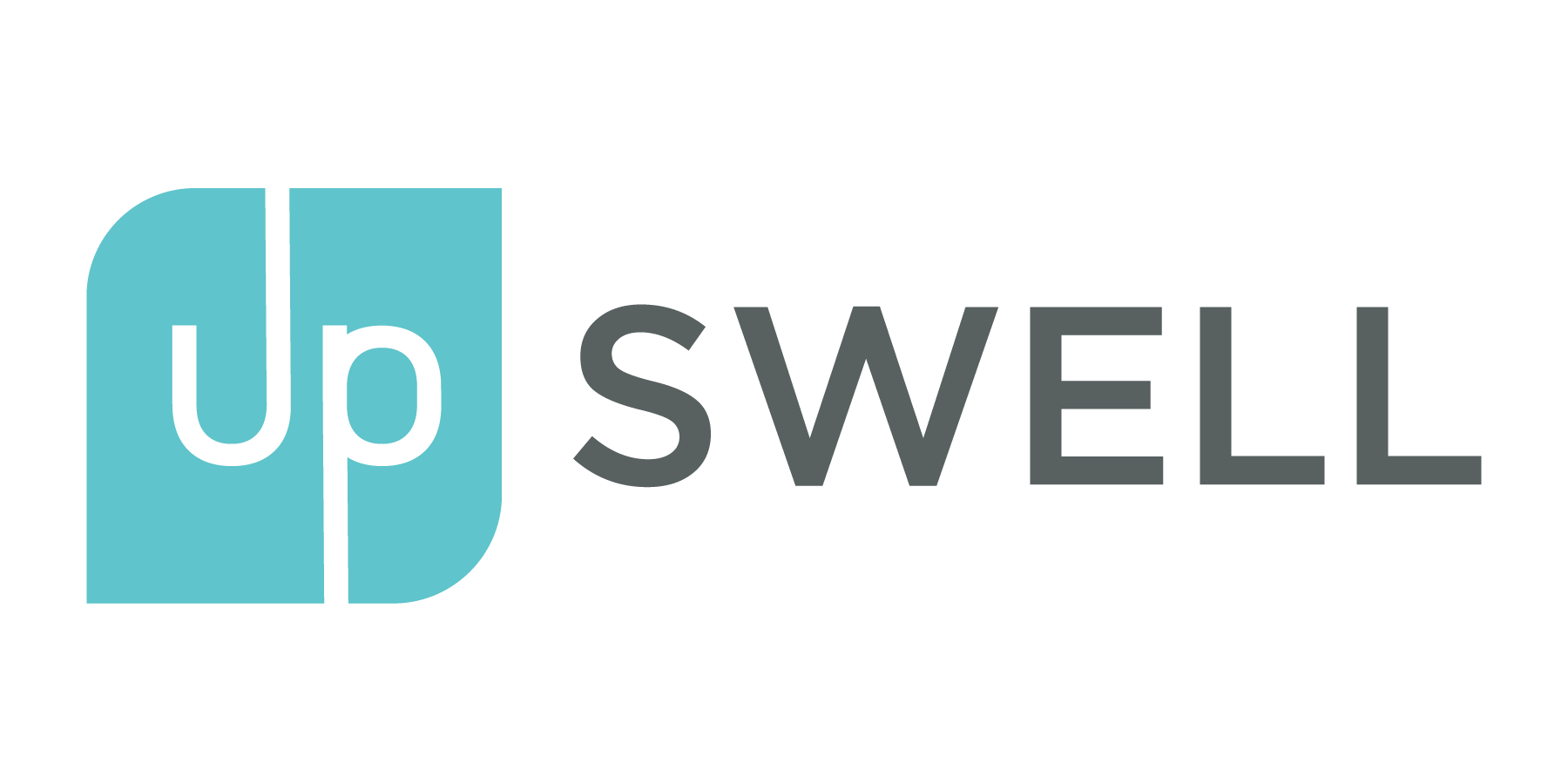Addressing Anemia Among Women in India: An Informed Intervention Using Facebook Ad Manager
Upswell took the lead on this project and partnered with three in-country organizations to create and deliver the treatment content to our target audience in Northern India. We used rapid feedback from content tested on social media to continually improve the quality and impact of the content and overall campaign.
Background: High rates of anemia persist among women in India, particularly during adolescence and pregnancy, despite government programs providing iron folic acid tablets (IFA). With increasing mobile phone and social media access, mobile interventions hold potential for influencing knowledge and behaviors. However, little research has explored using social media to reach women with health messages, collect data, and assess the impact on knowledge and behaviors surrounding issues like anemia. This study aimed to test a Facebook advertising campaign on anemia and IFA, collect data through social media, and measure its impact.
Methods: A baseline survey and two follow-up surveys were sent to women via Facebook in 2019 in Madhya Pradesh and Uttar Pradesh, India. Between each data collection round, advertisements addressing knowledge and practice gaps related to anemia and IFA were delivered to over 3 million women on Facebook. The data was analyzed for current knowledge and behaviors around anemia and IFA, differences by socio-demographics, and evidence of significant changes in knowledge and behaviors between data collection rounds.
Results: While general knowledge about anemia was high, misperceptions persisted. Only 15% of the population was currently taking IFA, although nearly 50% reported having taken it at some point. Younger women had lower levels of knowledge and practices. Findings on the impact of the ad campaigns were mixed, with some indicators changing positively, some negatively, and no clear trend between surveys. Two indicators of high focus in the ad campaigns changed in the desired direction after both ad campaigns (iron can make labor/delivery difficult and iron supplements are only for women who have anemia).
The study highlights the potential of using social media for health interventions but also emphasizes the need for further research to optimize the effectiveness of such campaigns.

